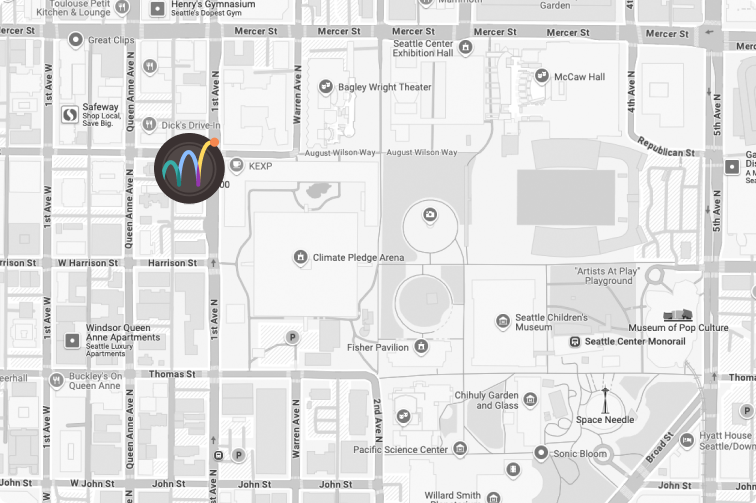
EXPERTISE
Concussions
Concussions are the most common form of traumatic brain injury (TBI), and are caused by sufficient force or impact to the brain.
EXPERTISE
An injury that needs to be taken seriously
The term “concussion” is often used interchangeably with “mild TBI,” highlighting that it is the mildest form of brain injury.
Typically, concussions do not result in structural changes to the brain, but they must still be taken seriously. Without proper treatment, recovery can be prolonged and quality of life significantly diminished.
EXPERTISE
What to know about concussions
Because no two concussions are the same, treating them requires coordinated and individualized care.

Concussion causes
Concussions are caused by a sudden impact or jolt to the head or body that causes the brain to move rapidly back and forth inside the skull. This movement can lead to chemical changes in the brain and, in some cases, damage to brain cells.

Concussion treatments
Concussion treatment may include multiple disciplines focused on managing symptoms and supporting a graduated return to previous function. Although rest is recommended the first few days, a gradual return to activity is shown to support recovery.
After the initial rest period, a gradual return to normal activities is encouraged under medical guidance, starting with light physical and cognitive tasks. Monitoring symptoms closely is essential, as worsening signs may require further medical evaluation. Pain management typically involves over-the-counter medications like acetaminophen, avoiding medications such as ibuprofen or aspirin in the early stages due to bleeding risks.
In some cases, cognitive rehabilitation or vestibular therapy may be recommended if symptoms like memory problems or balance issues persist. Education, reassurance, and a carefully paced return to school, work, or sports are key components of effective concussion care.
